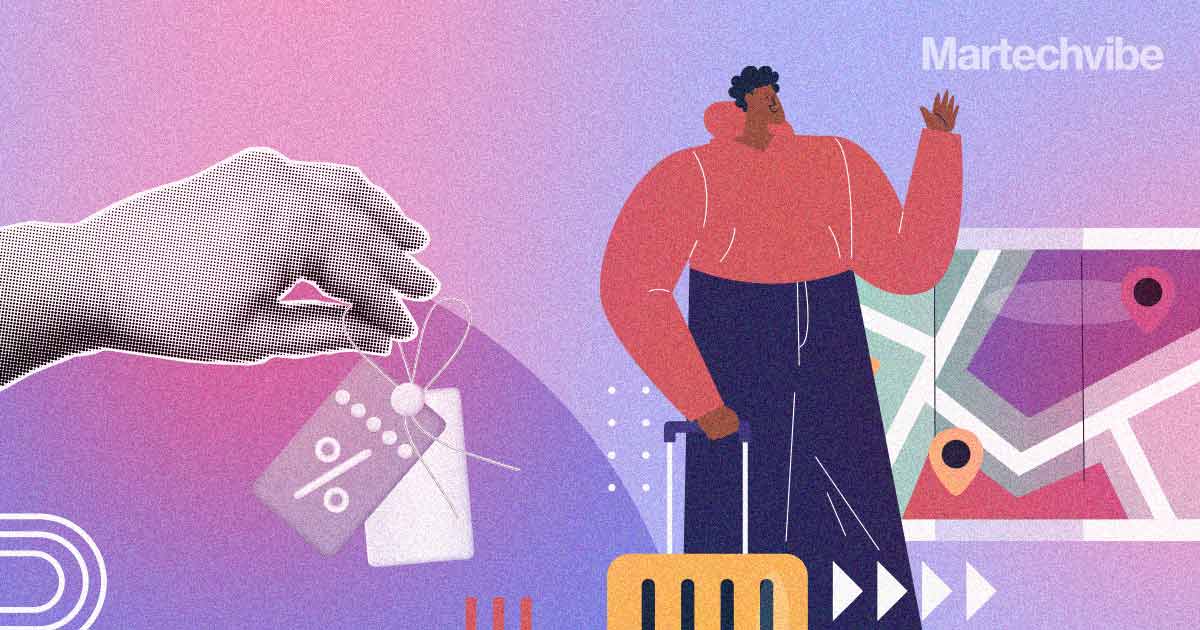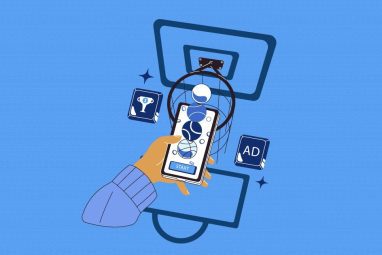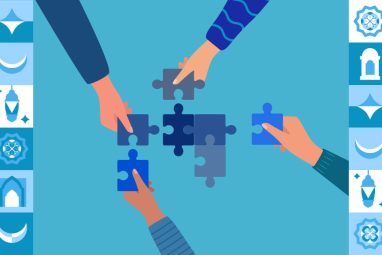How will Travel Loyalty Programmes Evolve in 2025?
Generative AI and machine learning will power the next generation of loyalty programmes.
What to Read Next

The year 2024 saw large-scale events that reshaped the travel industry. Taylor Swift’s Eras Tour drove substantial economic impact — when she performed in Singapore in March 2024, the economy grew 2.7% in Q1 compared to 2023. Japan saw $228 million added to its economy, while the UK gained $1.26 billion. Meanwhile, Paris hosted the Olympics, though remarkably, the city attracted fewer visitors than Swift’s concerts.
This surge in travel activity propelled corporate loyalty programmes to new heights, with hotels and airlines achieving record membership numbers. For instance, Marriott Bonvoy now boasts over 200 million members (a 60% increase in five years), while Hilton Honors expanded to 173 million members (growing 110% in the same period). In aviation, loyalty programmes now exceed $24 billion in value.
How will corporate travel loyalty programmes evolve beyond hyper-personalisation, and what roles will genAI and machine learning play? Drawing from my experience at Tumodo.
Personalised Experiences Will Continue Their Momentum in 2025
The surge in loyalty programme memberships indicates a clear trend: travellers increasingly seek personalised experiences with targeted discounts and opportunities tailored to their business or leisure needs. A recent McKinsey & Company report reveals that customer experience influences purchase frequency four times more for hotels and twice as much for airlines.
Brands can capitalise on this by integrating personalised elements into their loyalty programmes to enhance customer engagement and encourage repeat bookings. Booking’s 2024 research shows that 40% of global travellers choose travel destinations based on loyalty programme rewards and perks. At Tumodo, we facilitate this by providing a platform that streamlines business travel processes and expense management while maximising corporate loyalty programme benefits.
Data analytics has driven this transformation, enabling hyper-personalisation through profound insights into customer preferences, behaviours, and spending patterns. Notably, 78% of consumers now prefer personalised travel experiences that align with their specific needs — a trend set to strengthen in 2025.
Customer Expectations Will Rise Further
Customer experience expectations represent another evolving aspect for 2025. Clients increasingly demand transparency in corporate loyalty programmes, including clear discount structures and participation terms. Many airlines still face challenges in effectively reporting loyalty programme benefits, making it difficult for businesses to track potential savings.
The solution lies in maintaining comprehensive daily and quarterly reports to assess loyalty programme benefits effectively. Tumodo’s primary objective for 2025 is to focus on education, activation, and implementation of corporate loyalty programmes and hotel contracts within its platform, serving as a “guide” for clients navigating complex loyalty landscapes.
In other words, the complexity of loyalty programmes, with their various tiers, points systems, and redemption options, presents a unique opportunity for businesses to create a more engaging and valuable customer experience. Companies can meet and exceed customer expectations and drive loyalty and growth in the competitive travel industry by strategically expanding engagement channels, increasing the number of add-ons to bookings, and leveraging partnerships.
As expectations evolve, ancillary benefits will become crucial in 2025. Adding features like travel insurance, airport lounge access, or concierge services will meet convenience demands and create revenue opportunities. Modern corporate loyalty programmes are expected to offer flexible redemption options, especially for corporate travel. This includes transferring points between different partners or using them for various services beyond traditional travel-related expenses. For example, Agoda’s data team found that offering insurance could generate $1.2 million in annual commissions for one partner.
GenAI and Machine Learning Will Drive Innovation in 2025
Generative AI and machine learning will power the next generation of loyalty programmes – due to its facilitation of easy tracking points, personalised offers, and seamless booking experiences in the business travel industry. Booking’s research shows that 48% of leisure travelers already use AI tools for planning trips. At Tumodo, we use AI-powered features that could streamline trip management, making it easier for clients to navigate complex loyalty landscapes. With the automation of routine tasks, we enhance the efficiency of others, bringing operational costs down by 35%.
The benefits of genAI in travel are well-documented, and there is broad industry consensus about its potential. A recent Skift survey found that 89% of travel executives expect genAI to impact their business within three years significantly. The business case is compelling: McKinsey Digital reports that travel companies fully embracing digital and analytics opportunities can improve earnings by up to 25%. In fact, business travel is also increasingly embracing digitalisation, with a growing interest in automation technologies and cryptocurrency payments for cross-border transactions.
The 2025 loyalty programme landscape will be defined by hyper-personalisation, technological innovation, and heightened customer expectations. Success will belong to companies that effectively harness data, AI, and personalised experiences in this dynamic travel ecosystem.









































































































